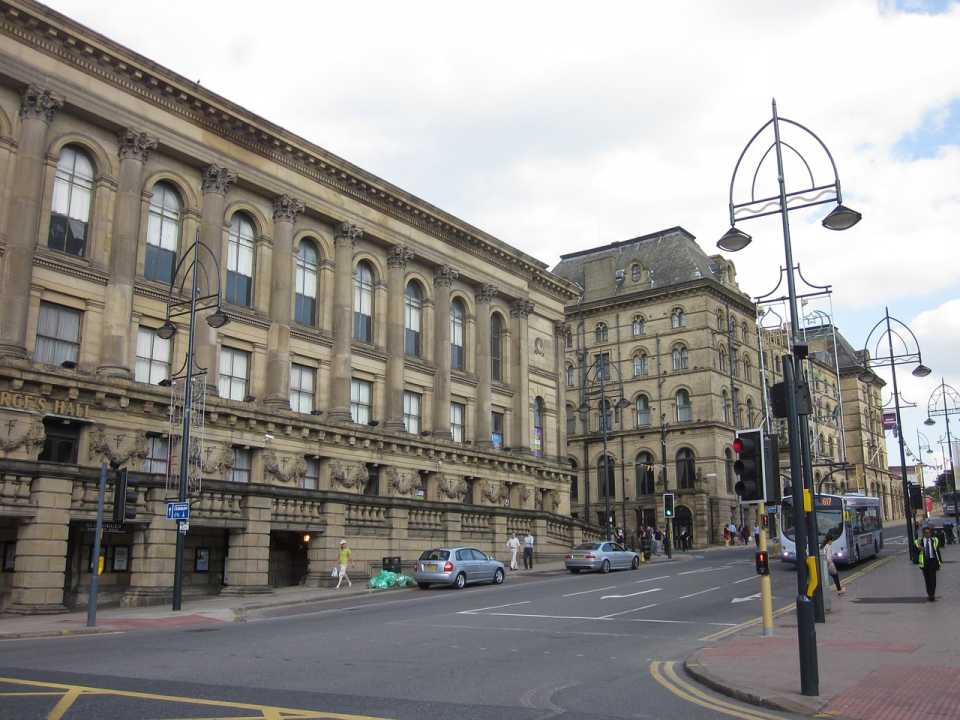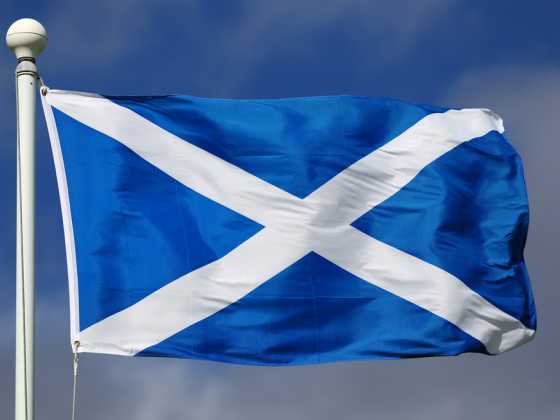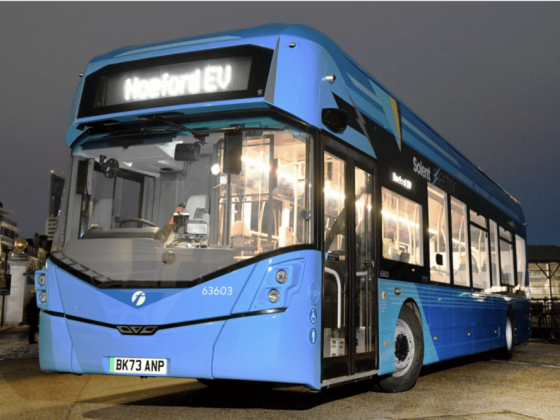Leeds and Birmingham Councils say CAZ delay is due to government

Both Birmingham City Council and Leeds City Council have said a delay from the government in delivering digital systems required to make Clean Air Zones operational and enforceable is the reason they are delaying their introduction.
The Councils say they had been on track to implement Clean Air Zones on the basis that a vehicle checker tool, which is being delivered by the government’s Joint Air Quality Unit (JAQU), would be ready by October 2019 as planned.
However JAQU (a joint unit between DfT and DEFRA) has now confirmed that the vehicle checker will not be available until at least December 2019, only weeks before the zones are due to come into force in January 2020.
The government is also expecting local authorities to deliver a system for collecting payments from non-compliant vehicles which enter the Clean Air Zone, even though it had previously said that it would deliver this.
Councillor James Lewis, Deputy Leader for Leeds City Council, said: “It is extremely disappointing that Leeds has been forced to delay the introduction of one of the UK’s first Clean Air Zones because of the government’s failure to meet its own commitments to the two largest local authorities.
“Leeds City Council has worked incredibly hard to make sure that the Clean Air Zone would be delivered on time, successfully meeting a number of challenging deadlines set by the government. Many local businesses have similarly invested both time and money into ensuring their own preparedness for January.
“Like most residents in Leeds, the council believes that tackling air pollution to protect the health of everyone in our city is an important priority. Therefore we will continue to do everything possible to mitigate this delay to the best of our own ability and by continuing to work closely with the government.
“Despite this delay we will continue to financially support owners of affected vehicles switching to less polluting models that will not be charged, as doing so is the best way to improve air quality prior to the charging zone’s introduction. As planned, we will also begin to install the camera infrastructure required for the zone within the next few weeks.
“The government now needs to outline new timescales that they are confident can be delivered in order to give residents and businesses across the country clarity and certainty about the future of these schemes.”
Councillor Waseem Zaffar, Cabinet Member for Transport and Environment at Birmingham City Council, said: “The council has been fully on track to implement the Clean Air Zone from January 2020 on the basis of assurances from the Government that the vehicle checker would be in place by October this year.
“However, the delivery of this essential online tool has now been delayed to December 2019, which means we are unable to go ahead with our Clean Air Zone in January as planned, as this would be completely unfair on residents, businesses and visitors to the city who would only have a matter of weeks, if not days, to make key choices about their travel behaviour or upgrade their vehicles. This is simply unacceptable.
“While this does mean people will have longer to make these changes, it will also delay Birmingham in achieving air quality compliance, leaving our city exposed to dirty air for longer than anticipated.
“However, despite these challenges, we will continue to work closely with the Government and other cities to achieve compliance in the shortest possible time because our priority remains ensuring that the people of Birmingham have access to clean air, as is their basic human right.”



